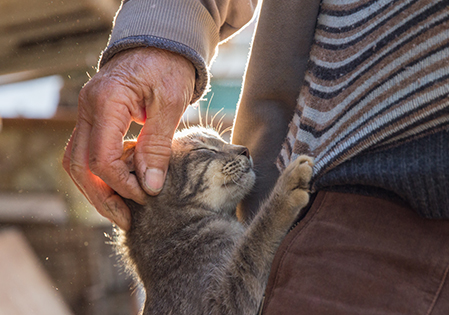Pet Trusts
Pet Trusts

But what happens if you are no longer able to care for them due to illness, incapacity, or death? Relying on friends or relatives to “do the right thing” may not be enough.
A legally enforceable pet trust ensures that your beloved pet will always be cared for according to your wishes.
With a properly drafted pet trust in California, you can:
Appoint a caretaker for your pet to provide daily care.
Designate a trustee to manage and distribute funds responsibly.
Set aside financial resources to cover food, shelter, medical expenses, and special needs.
Outline detailed instructions for your pet’s lifestyle, from diet and exercise to grooming and socialization.

Benefits of Creating a Pet Trust
-
Legal Protection: Because a trust is enforceable, your caretaker and trustee must follow your wishes.
-
Financial Security: Funds are earmarked specifically for your pet’s well-being and cannot be misused.
-
Flexibility: You can update the trust as your circumstances or your pet’s needs change.
-
Peace of Mind: You can rest assured knowing your companion will not end up neglected or surrendered.
Customizing a Trust for Your Pet
Every pet has unique needs. Some require expensive medical treatments, specialized diets, or larger living spaces. Others may need a caretaker with special skills or knowledge. An experienced San Diego pet trust attorney can help you to tailor the pet trust to reflect all of these details, ensuring your companion receives the same level of love and care you provide today.
Download our Pet Care Planning Worksheet and contact our San Diego estate planning attorney to get started and plan for the care of your pet upon your incapacity or passing.
Frequently Asked Questions
- In Practice
Since 2003 - Multiple
Generations
Served - Unparalleled
Service - Flat Fee
Billing